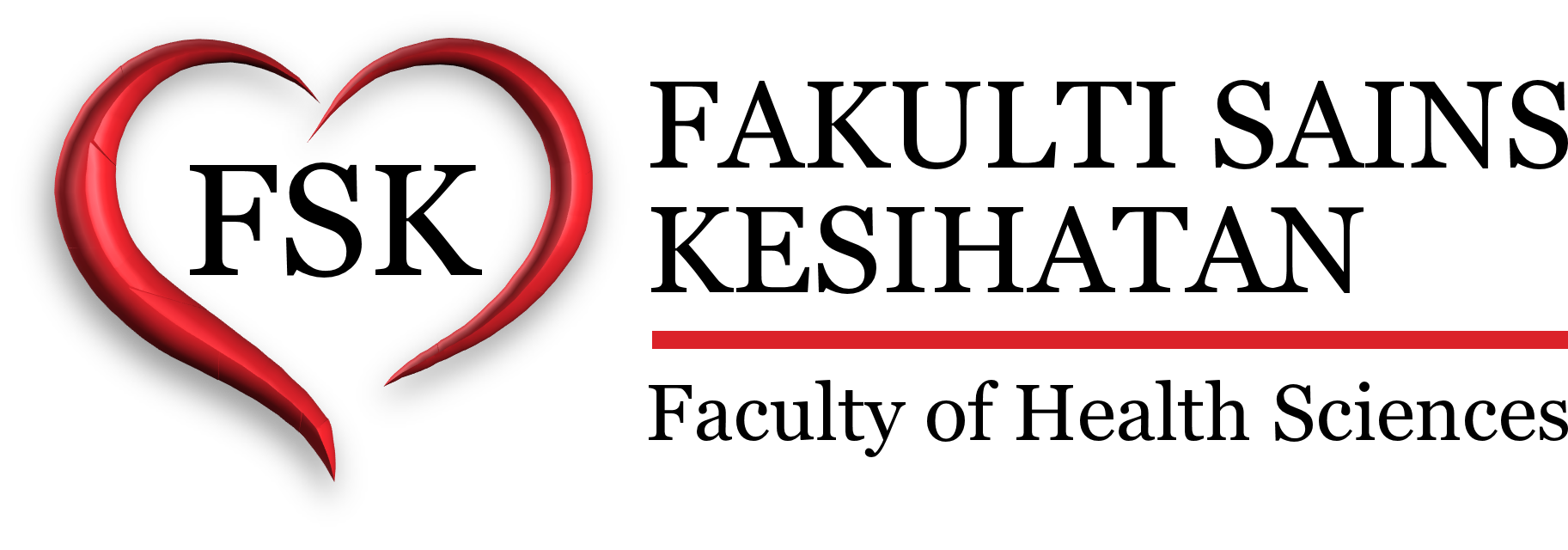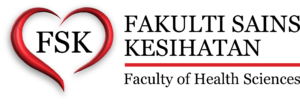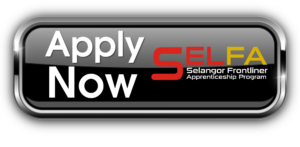Bachelor of Biomedical Science (Honours)
Ijazah Sarjana Muda Sains Bioperubatan (Kepujian)
Overview
The Bachelor of Biomedical Science (Honours) UNISEL programme offers a comprehensive exploration of medical and biological sciences. Through a combination of theoretical coursework and practical laboratory experience, students delve into topics such as human anatomy, physiology, molecular biology, pharmacology, biochemistry, microbiology, haematology, cytology, transfusion science and blood banking. They will gain a deep understanding of the mechanisms underlying disease processes, the principles of diagnostic laboratory diagnosis and biomedical research methods. The curriculum emphasizes on critical thinking, data analysis, and problem-solving skills, thus preparing the students for careers in various sectors of the biomedical field, including research, healthcare, pharmaceutical and biotechnology.
Program Highlights
Study duration
4 Years / Fulltime
Program Intakes
Apr, Aug & Nov
MQA Accreditation
A7123
KPT Accreditation
R3/725/6/0078
- Innovative Curriculum
- Practical Experience
- Comprehensive Support
The Bachelor of Biomedical Science (Honours) programme offers a comprehensive curriculum designed to equip graduates with the knowledge and skills necessary to become a competent biomedical scientist. Here are the key areas emphasized in our curriculum:
- Human anatomy and physiology: Students learn how the structures and function of the human body work collectively to maintain life. These disciplines provide foundational knowledge essential for understanding disease mechanisms, diagnostics, and treatments
- Histology and cytology: Students analyse the normal and abnormal microscopic structure of cells and tissues. These are crucial in identifying cellular/tissue changes in diseases.
- Pharmacology and toxicology: Students study the interaction of drugs with human body systems to produce therapeutic and adverse effects. These areas are important in understanding how substances affect health, guiding safe drug development and regulatory practices.
- Biochemistry: Students explor the chemical processes within living organisms. This helps in the understanding of the development of treatments for diseases at the molecular level.
- Haematology: Students study blood and its components and its related disorders. This is critical in diagnosing and managing blood related disorders through laboratory tests and clinical evaluations.
- Microbiology: Student learn microorganisms including bacteria, viruses, fungi, and parasites, their roles in health and development of diseases. This area is essential for developing vaccines, antibiotics, and understanding infectious diseases.
- Transfusion science and blood banking: Student study blood transfusions and the safe handling of blood products. This area is crucial for ensuring patient safety during surgical procedures or in treating conditions requiring blood products.
- Ethics: This area addresses moral principles guiding research practices, clinical trials, patient care, and the use of biomedical technologies. Ethical considerations ensure that research is conducted responsibly, protecting human subjects’ rights while promoting integrity in scientific inquiry.
- Research and biostatistics: Students learn the fundamentals of research and statistical methods in analysing biological data. They have the opportunity to carry out final year project on biomedical science topics.
- Laboratory instrumentation and management: Students identify, learn the principles and operate laboratory instruments. In addition, they oversee laboratory operations to ensure efficient workflow, quality control, safety compliance, and staff training.
This programme emphasizes on the integration of knowledge and skills. Practical sessions are vital especially for the key areas of the curriculum. In addition, during the final year of the study, students are placed for clinical internship at government or private hospital diagnostic laboratories to gain hands-on experience in the real-world.
UNISEL is committed to providing a supportive learning environment for all students. Our comprehensive support services include:
- Academic Advising: Personalized guidance on course selection, academic progress, and career planning.
- Peer Mentoring: Opportunities to connect with experienced students who can offer advice and support.
- Career Services: Assistance with resume writing, job search strategies, and interview preparation.
- Conducive Facilities: Access to modern classrooms, computer labs, Occupational Safety and Health Lab, and libraries equipped with the latest technology.
Entry Requirement
To enroll in the Bachelor of Biomedical Science (Honours) program, applicants must meet the following requirements:
- Local
- International
Passed STPM/Matriculation/Pre-University programme with minimum GPA of 2.33 in TWO of the following subjects:
- Biology
- Physics/Mathematics
- Chemistry
OR,
A-Level with minimum Grade D in the following subjects:
- Biology
- Physics/ Mathematics
- Chemistry
OR,
Related Diploma from recognized institutions with minimum CGPA of 2.75;
OR,
Related Diploma from recognized institutions with CGPA below than 2.75 and a minimum of THREE (3) years working experience in the same field.
AND,
MUET* Band 3.
*Exemption of MUET is given to candidates who hold a diploma or foundation that is conducted in English
Proficiency in English (Required for medium of learning is not in the English language.)
Pass International English Language Testing Services (IELTS) with a minimum of 5.5 or Test of English as a foreign language (TOEFL) with a minimum of 550
Tuition Fees
The tuition fees for the Bachelor of Biomedical Science (Honours) program at UNISEL are structured to be competitive and affordable.
- Local
- International
RM55,112
RM78,245
Program Structure
The Bachelor of Biomedical Science (Honours) programme is a comprehensive programme covering University and MQA Compulsory Subjects, Core, Elective and Professional courses in the biomedical science. To graduate, they must complete 136 credit hours, including a 16-week practicum at government or private diagnostic laboratories.
- Curriculum
- Student Outcomes
- Career Opportunities
Click here for details
Upon graduation, our graduates will be able to:
- Describe advanced and comprehensive, theoretical, and technical knowledge and demonstrate relevant skills in biomedical science field.
- Apply critical, analytical and evaluation skills in management of complex applications and formulate solutions to problems and unpredictable issues in Biomedical Science.
- Perform and supervise medical laboratory procedures competently; plan, manage and execute quality management system and Good Laboratory Practices (GLP).
- Work together with different people in diverse learning and working communities as well as other groups locally and internationally.
- Present information and findings coherently; and communicate effectively in a well-structured manner to relevant stakeholders.
- Utilize a broad range of information, media, and technology applications to enhance biomedical laboratory practices.
- Utilize and manage numerical and graphical/visual data in biomedical laboratory practices.
- Demonstrate decision making capacities, accountabilities, managing responsibilities and professionalism within broad organizational parameters.
- Apply lifelong learning skills in academic and career development.
- Demonstrate competent entrepreneurial skills and apply broad business and real-world perspectives in the workplace.
- Conform to the ethical and professional code of conduct related to local and global issues in biomedical sciences.
Our graduates are well-prepared for a wide range of rewarding careers, including:
- Biomedical Scientist/Research Officer/Science Officer: Design and implement experiments. Involved in development of new technology, products, innovation. Work environment: Research and development centres, educational institutions, pharmaceutical companies and health institutions.
- Medical Laboratory Scientist: Perform tests on patient samples to diagnose diseases. Run quality checks or assessments in laboratory settings. Work environment: Hospital and diagnostic laboratories.
- Product Specialist/Medical Sales Representative: Apply scientific knowledge and skills to sell medical devices and pharmaceuticals. Become a technical expert of biomedical devices. Work environment: Pharmaceutical companies and medical/laboratory equipment manufacturing and/sales companies.
- Insurance (underwriter): Responsible for evaluating and analysing risks associated with insuring individuals, businesses and assets, specifically for health insurance. Work environment: Insurance company.
- Clinical instructor: manage, supervised and support students during their clinical placements. Collaborate with healthcare professionals and educators to integrate best practices into the teaching process.


